Welcome to Stop the Hate LA! We’re a network of 42 organizations dedicated to supporting survivors of hate and fostering safe and healthy neighborhoods.
In 2023, hate crimes increased over 45% to 1,350 reports – the largest number recorded in LA’s history. The powerful stories of hate we’ve been collecting from Angelenos speak to the dedication of our 42 partners and the need to continue our fight against hate.
*Some names have been changed to maintain confidentiality.
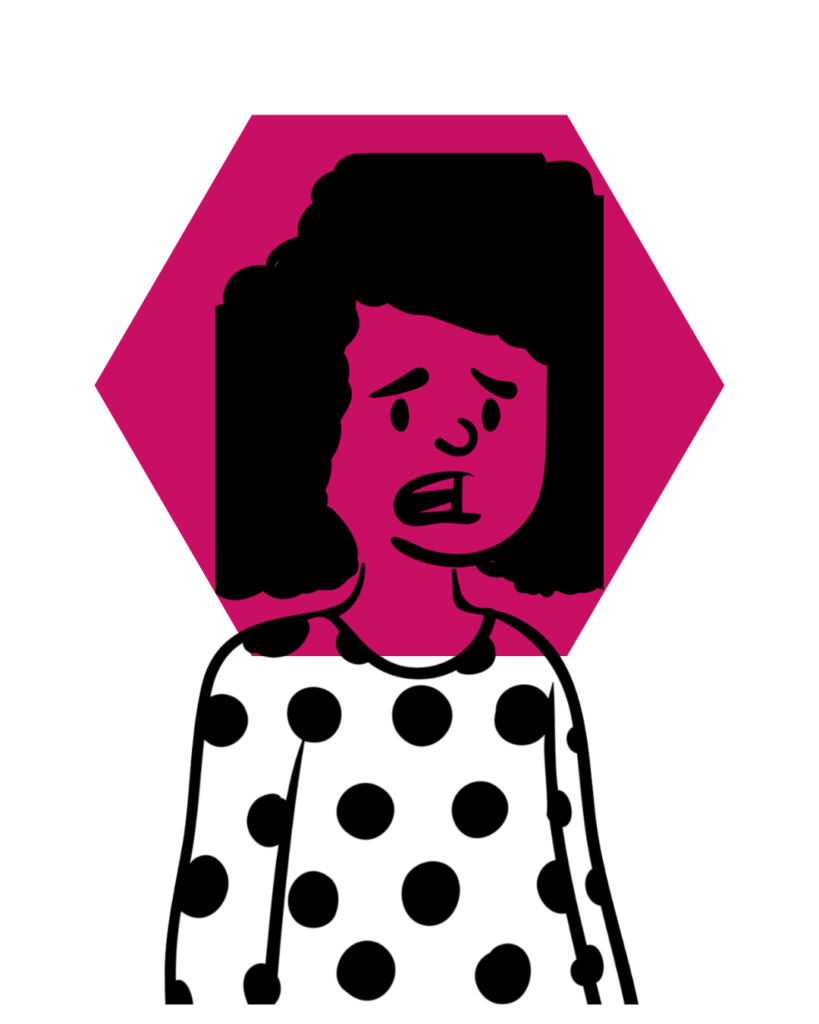
Fighting For Her Life
After declining a customer’s inappropriate flirting, Sabrina de la Peña suffered a life-threatening attack. “You f*cking tr*anny! I’m going to kill you!”, he yelled as he assaulted her in her own convenience store.
Sabrina reached out to the police, but they did little to protect her. The man kept returning, each time with a different companion. She was hit with a skateboard, pepper-sprayed, assaulted with a taser, subject to a chemical attack, and during the final strike, the front door of Jessica’s shop was broken. She reported the attacks to the police once more, and because vandalism was involved, they started to take her seriously.
After confiding in the Bienestar Clinic at Hate Violence Prevention Partnership L.A., Sabrina received a physical exam, therapy, and financial support to cover the vandalism. Bienestar also put her in touch with The TransLatin@ Coalition, who is helping her hold the men accountable for their violent crimes in court.
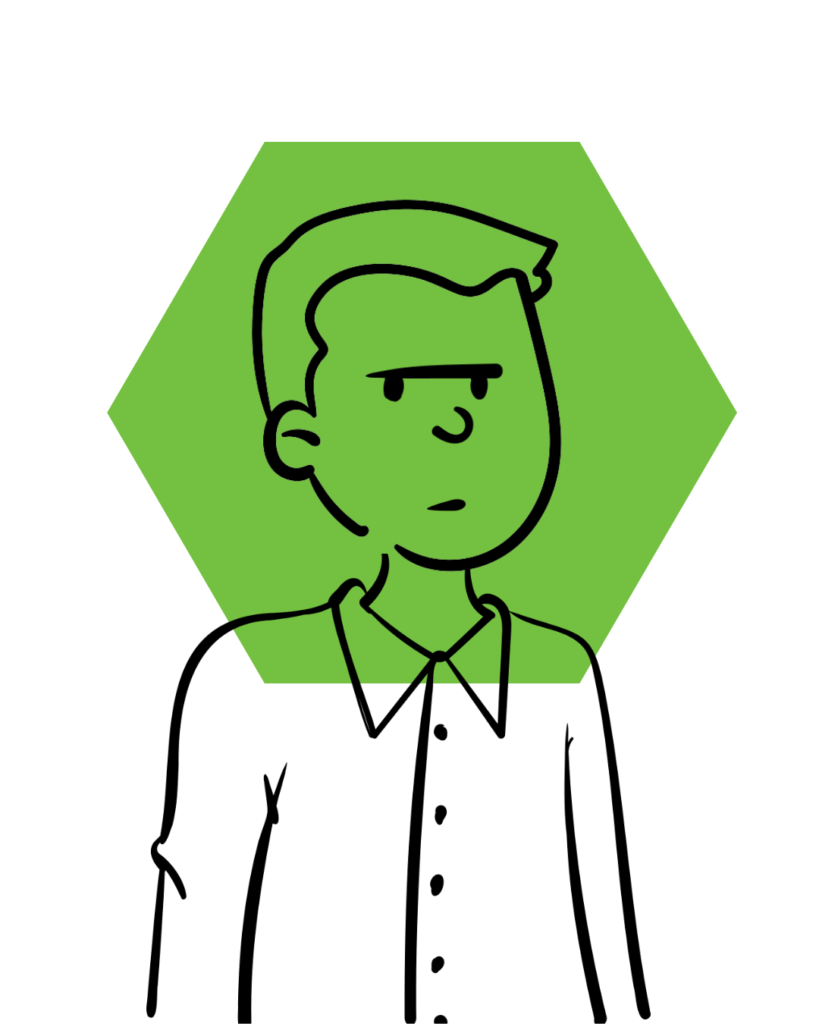
Skin Too Yellow
Nick felt unsafe at work after being told his “skin was too yellow” and to “go back to China”, even though he is Korean-American. This happened repeatedly, causing him to avoid any social interactions at work out of fear for his mental health. After a few months, Nick’s anxiety became debilitating, making it difficult to get out of bed.
Nick decided to reach out to Korean American Family Services for help. Through therapy, he learned grounding techniques, identified his triggers, gained coping skills, and was officially diagnosed with an anxiety disorder. With a renewed sense of security and support from KFAM, Nick decided to file an official complaint to HR. Turns out, he wasn’t the only one experiencing hate, and one of the perpetrators was then fired. Nick noticed his anxiety improving after taking power back into his own hands. He was less fatigued, more focused, and finally “ready to get back to his life”.
Finding Your Power
“Chink!” “Ching Chong!” This is what Cathy heard every day at work. Even as a manager, her colleagues made fun of her accent and undermined her for being Korean. She felt belittled, but feared losing her job if she spoke up about it. Over time the stress deepened, causing sleep disturbances at night and self-doubt in the workplace.
Cathy sought out help from Korean American Family Services. They provided her with culturally and linguistically affirming mental health care services for 12 weeks. Cathy’s therapist helped her process the discrimination, boost her confidence, and provided emotional support, safety planning, and workplace advocacy resources.
Four months later, Cathy spoke out against the discrimination she experienced, demanding to be treated with respect and dignity. Cathy’s efforts led her workplace to hold a cultural bias and diversity training for all staff, so that what happened to Cathy wouldn’t happen to anyone else.

A Traumatic Robbery
A Chinese woman, Mei, and her two coworkers were ending their shift at a massage parlor in Bellflower. Suddenly, around 9:00 p.m., three men barged in threatening them with a gun and knife, and pushing them back inside the store. One man yelled, “F*ck you. You f*cking Asian prostitutes!” as they robbed the business.
Mei and her coworkers were left bruised, frightened and in tears. With limited English, Mei managed to call the police and report the robbery. That night, she started having nightmares, eventually falling into a deep depression, which prevented her from being able to work.
At a local community resource fair, Mei got connected with Access to Prevention Advocacy Intervention & Treatment,
where she felt comfortable telling her story in Chinese. APAIT helped Mei report the hate incident, access mental health and legal resources, and practice self-defense strategies. APAIT also helped Mei obtain a work permit and enroll in English classes that will open up new opportunities for her in the future.
“I wouldn’t have been able to do this on my own.”
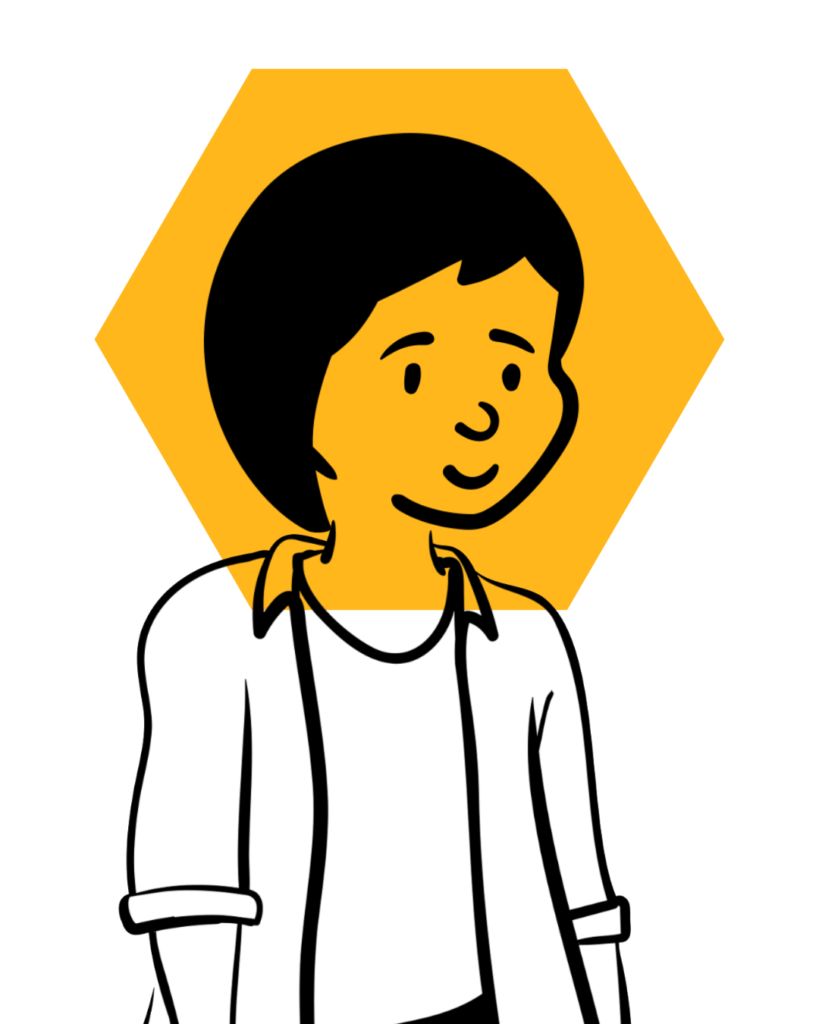
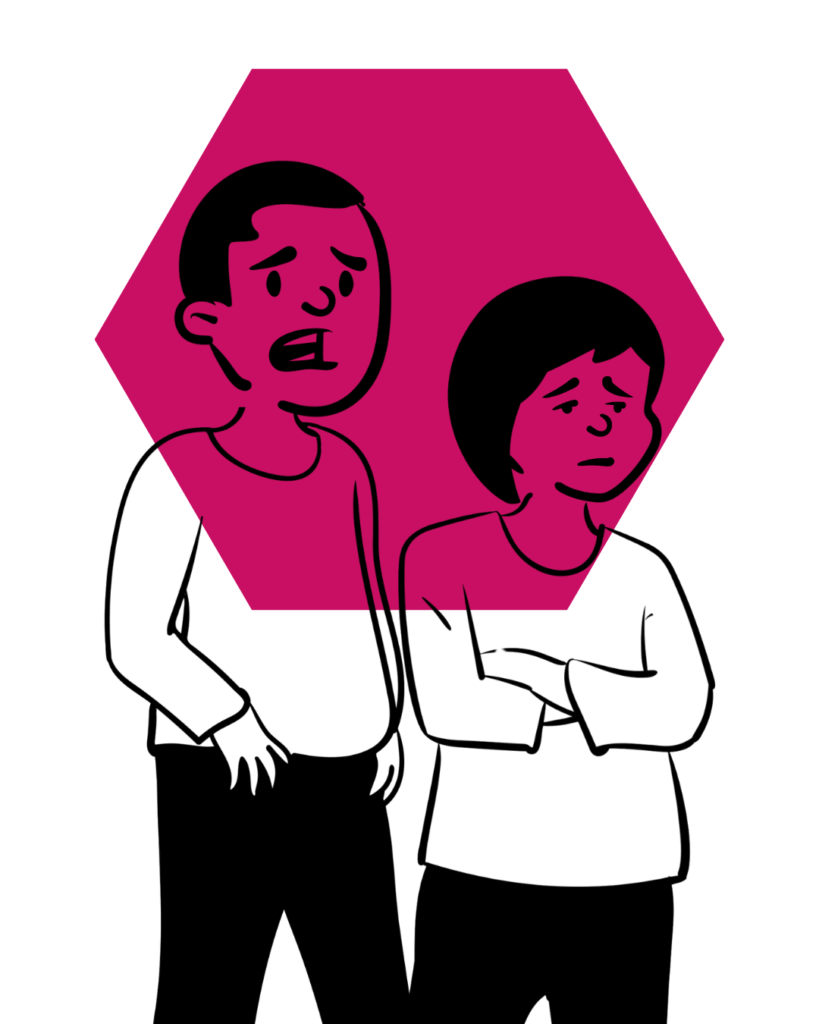
Hidden Merchandise
Local convenience store owners, Richard and Sarah, had refused to sell a minor cigarettes. The young boy and his friends regularly shoplifted from their store and tormented the couple, forcing Richard and Sarah to hide their merchandise in the back. This not only hurt their sales, but one day, the harassment escalated when the boys trapped the couple in the store by locking them in from the outside.
Afraid of retaliation, Richard and Sarah are left unable to stop the harassment. After reaching out to Pacific Asian Counseling Services, they felt safe enough to share their story and have been able to get small-business resources and financial aid.
Take it off or leave!
At the start of Ramadan, Afghan-American Maissa began wearing her hijab to work as a grocery store employee in the Valley. But her manager was not happy about it. Maissa explained she had the right to religious expression, to which he responded, “either you take off the hijab, or you have to leave work”.
Maissa notified HR and left. A different store manager called her soon after, explaining she actually was allowed to wear her hijab at work. Maissa expressed that she felt anxious, uncertain and scared about her safety and comfort given the first manager’s commentary. When the manager on the phone offered no reassuring language, she decided to stay home, but he retaliated and said “because of your refusal to return to work, you’re now at risk for termination”.
The Council on American-Islamic Relations (CAIR) – LA advised her on how to exercise her rights. The next day, Maissa returned with a religious accommodation letter to officially notify her employers. Now, Maissa feels protected at work and has since been free of any discrimination thanks to CAIR LA’s legal advice.
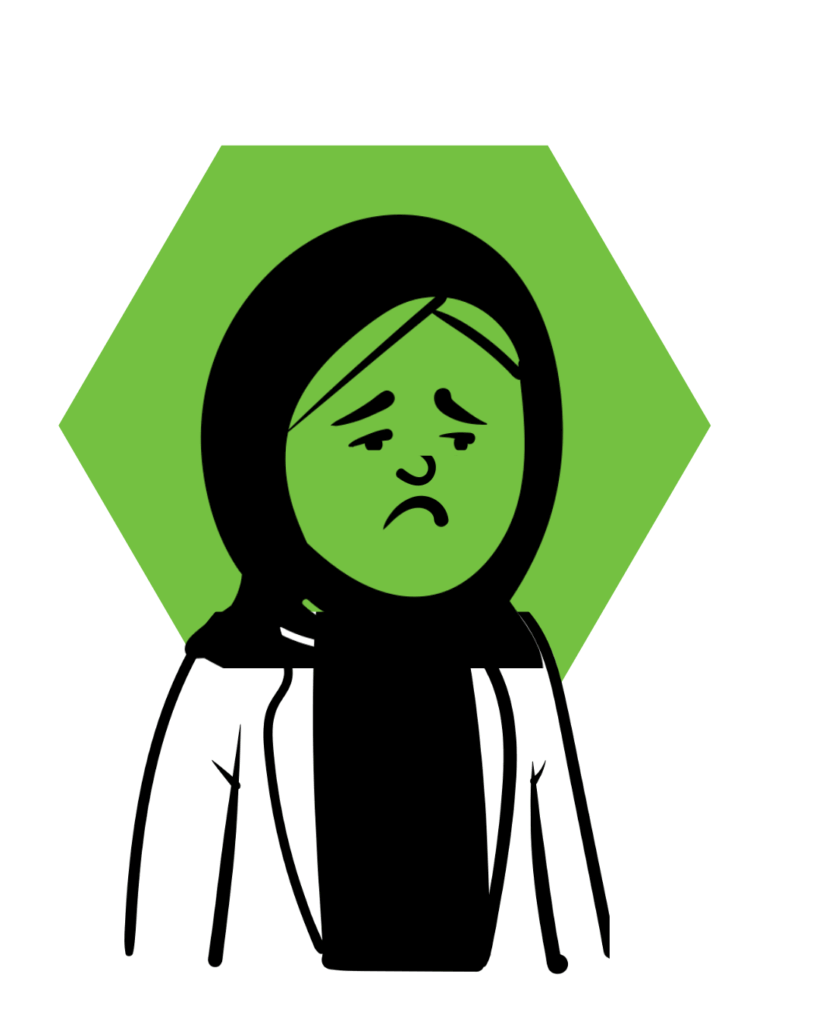
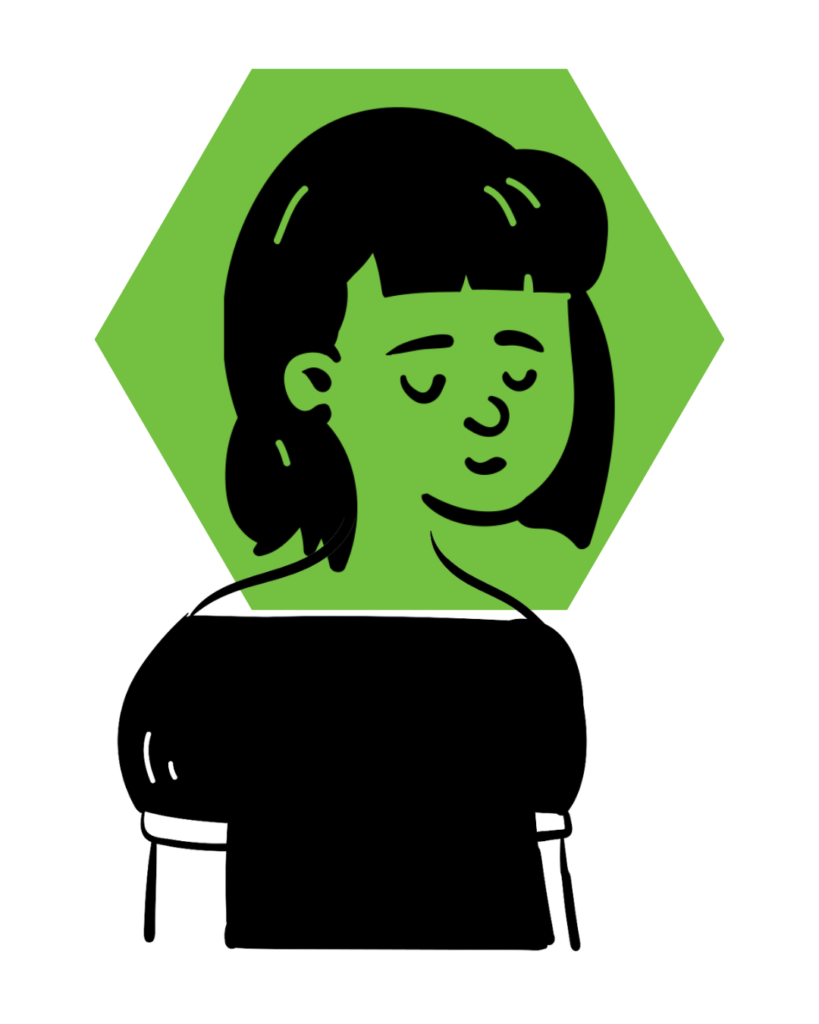
Paz
Helen, a transgender, Hispanic woman, was heading out when she heard, “We’re going to call ICE on you.” It was the landlord’s relative harassing her again. This had been ongoing for months, but Helen was terrified of being forced out and losing her home if she spoke up. After many threats of deportation, Helen had finally had enough. She decided to reach out to St. John’s Community Health, who helped her file a police report, relocated her to safety, and provided mental health services. “I finally have paz (peace) when I come home. I don’t need to look over my shoulder anymore.”
Yalla Habibi
Fahim, a Pakistani Muslim man, entered his Hollywood apartment elevator wearing a “yalla habibi” shirt and a hat saying Palestine on it. Another white resident made eye contact with him, spit on him, and proceeded to call him a terrorist. When Fahim started recording, the offender attacked him, threatened to “grab his strap and kill” Fahim, and eventually even pulled out a gun.
When Fahim reached out to his local prosecutor’s office, they minimized the incident, sympathized with the offender, and ultimately the office declined to press any charges. At his wit’s end, he decided to reach out to Council on American-Islamic Relations (CAIR)-LA. They got a Los Angeles City Attorney to file six counts, including terrorist threats, battery, improper storage of a weapon, and drawing a firearm. In the end, the case was excused because of the offender’s lack of criminal record, but their advocacy forced the offender to face his violent acts.
CAIR-LA also uplifted Fahim’s story during a press conference on the rise of hate crimes against Muslims. Although Fahim didn’t believe justice was served, he knew he wouldn’t have gotten this far without the work CAIR did on his behalf.
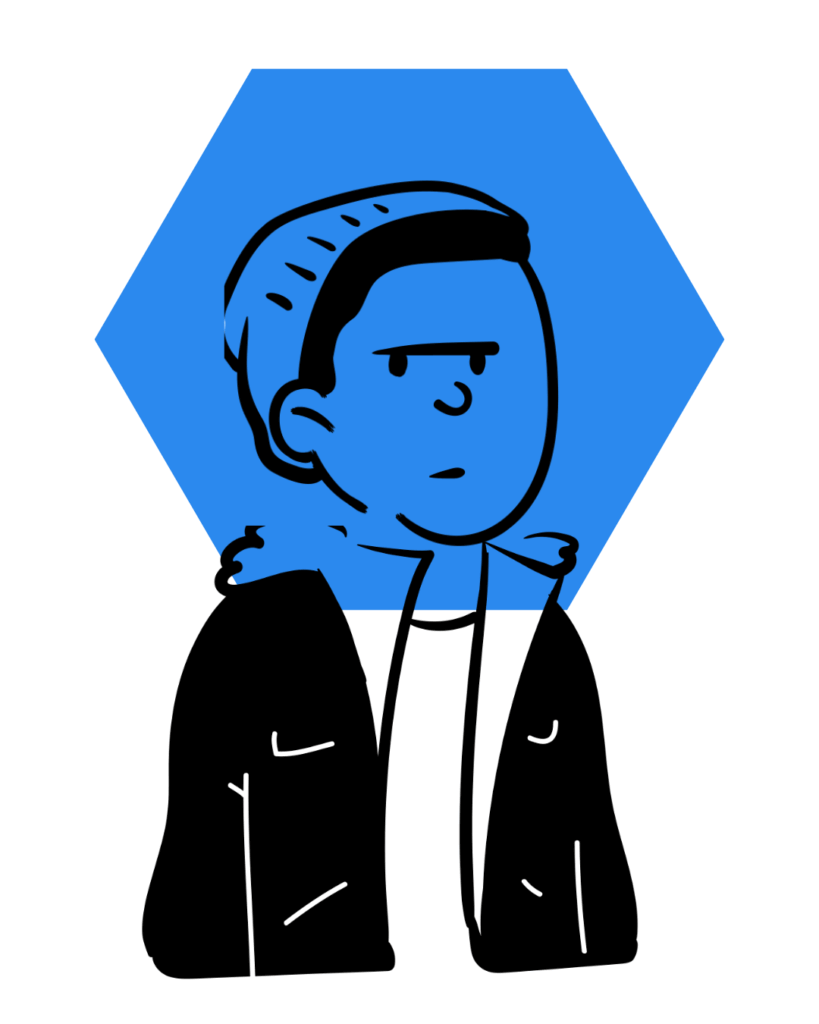
No Sense of Security
Nishad and Anita lost all sense of security after discovering their home and business were burglarized. They live in a neighborhood with 30 other South Asian families that were targeted in a mass robbery. When the police showed up, they refused to collect evidence, saying, “You’re asking for it. Don’t make it obvious you’re Indian with your clothes and jewelry.”
Nishad and Anita got connected with Saahas for Cause who helped organize 100 community members to share their experiences at a City Council meeting. During the meeting, police officers were heard saying, “It’s because they know you’re Indian.” Determined to help the families who were being racially targeted, Saahas for Cause pressured City Council members to address the police’s prejudice.
Thanks to their efforts, new safety measures were introduced, including improved response time, cultural bias training in local law enforcement, installation of neighborhood street lights and cameras, and more. Now, Nishad, Anita and their community can recover, knowing their neighborhood is safer.
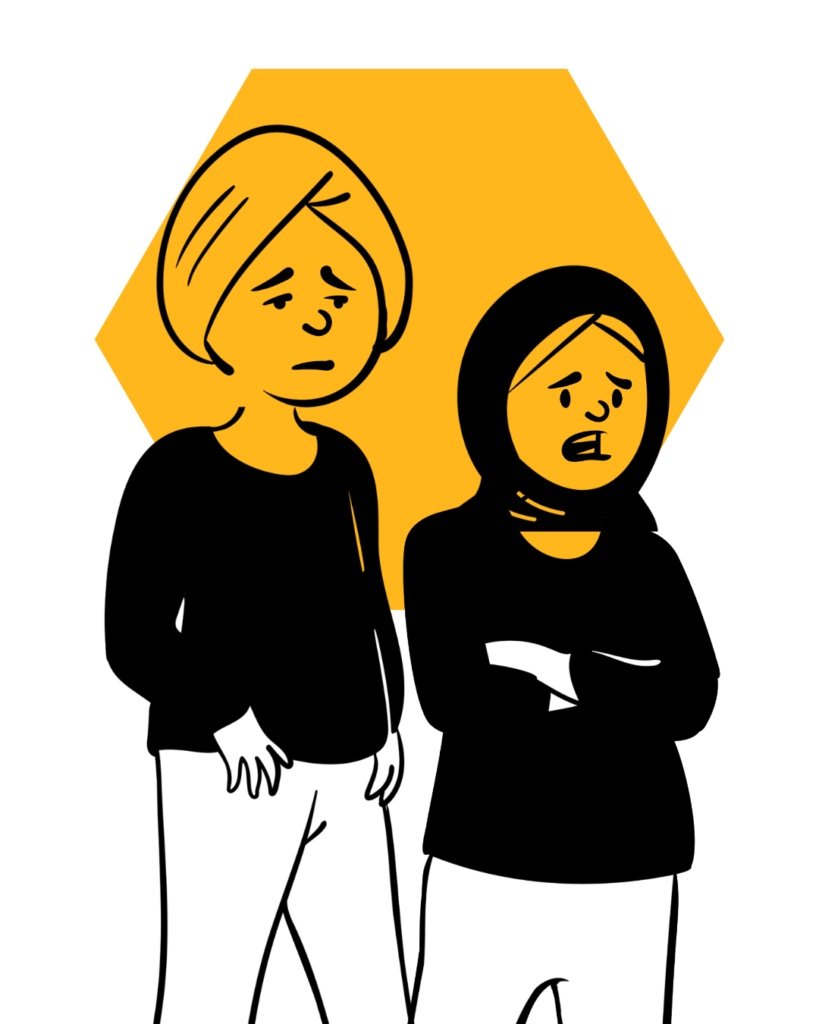
Protect Your Elders
It was just another Tuesday when one of the largest wildfires in LA endangered a Thai senior-living home. Two days passed before Wanda, the lead organizer at SSG-APCTC, got word that the seniors were without power. Their food had begun to rot, and those who needed oxygen tanks and medications had no choice but to wait. It was getting dark when Wanda overheard Laura speaking to her daughter, Emma, hundreds of miles away. “Mom, I’m worried about you.” Wanda’s team collected 300 meals from Thai restaurants, over 20 emergency kits, and made sure every senior felt safe going to bed that night.
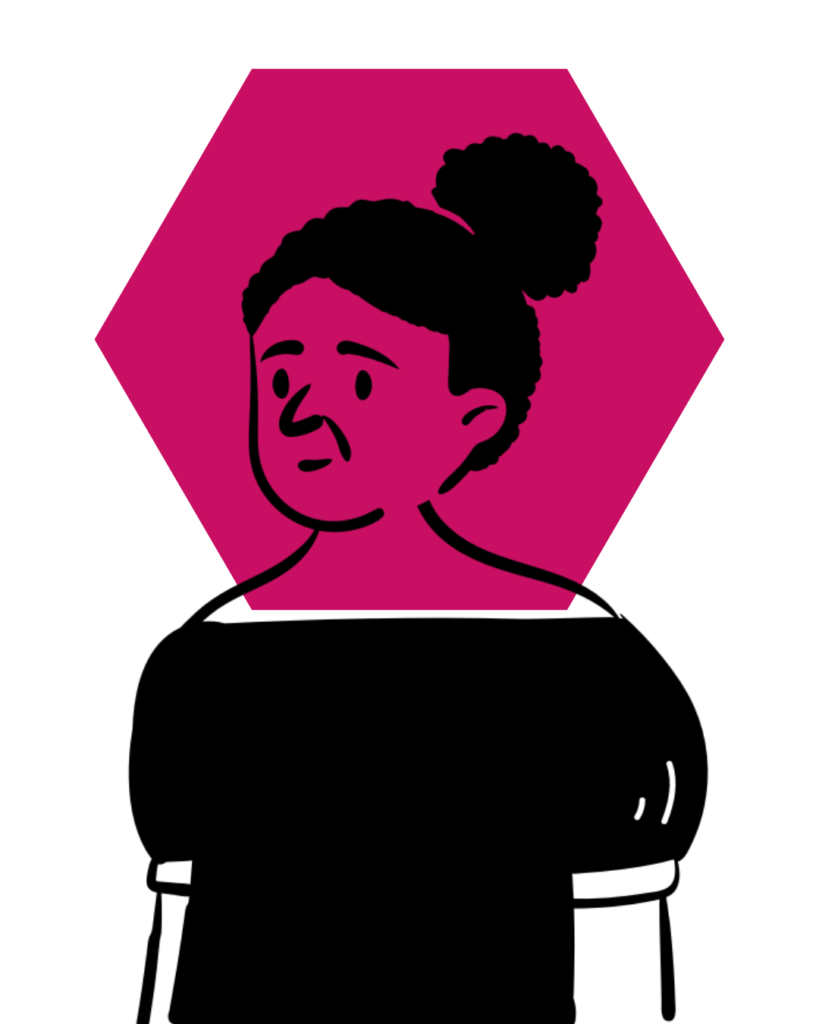
Safety is a Privilege
Transgender high school student, Megan, found herself a target of constant harassment. For months, a group of kids would bang on her front door and run away. One day, Megan realized she recognized the boys from a nearby park. They had verbally attacked her before, calling her “Tr*nny! Fa**ot!”, saying she looks like a man. Megan went to confront them with her dad, recording the experience on her phone.
Noticing one of them had a BB gun, Megan’s dad contacted the police. The cop teased them, “You’re scared of little kids, really?” The family filed an official complaint, but as the police did little to help, the harassment continued. Megan’s family no longer felt safe in their own home.
Megan’s mom reached out to The LGBTQ Center Long Beach for help and got connected to their legal department. The counselors encouraged Megan’s parents to call the police again, this time utilizing the camera footage of the harassment. The police eventually identified the kids, and one of their parents asked to meet with Megan’s parents.
The Center facilitated the meeting. Megan’s mom expressed: “The only place we have to feel safe is our home, and your kid and his friends took that from us.” The harassment finally stopped after 4 months. Megan and her family are grateful for The Center’s support, resources, and counseling to reclaim their safety.
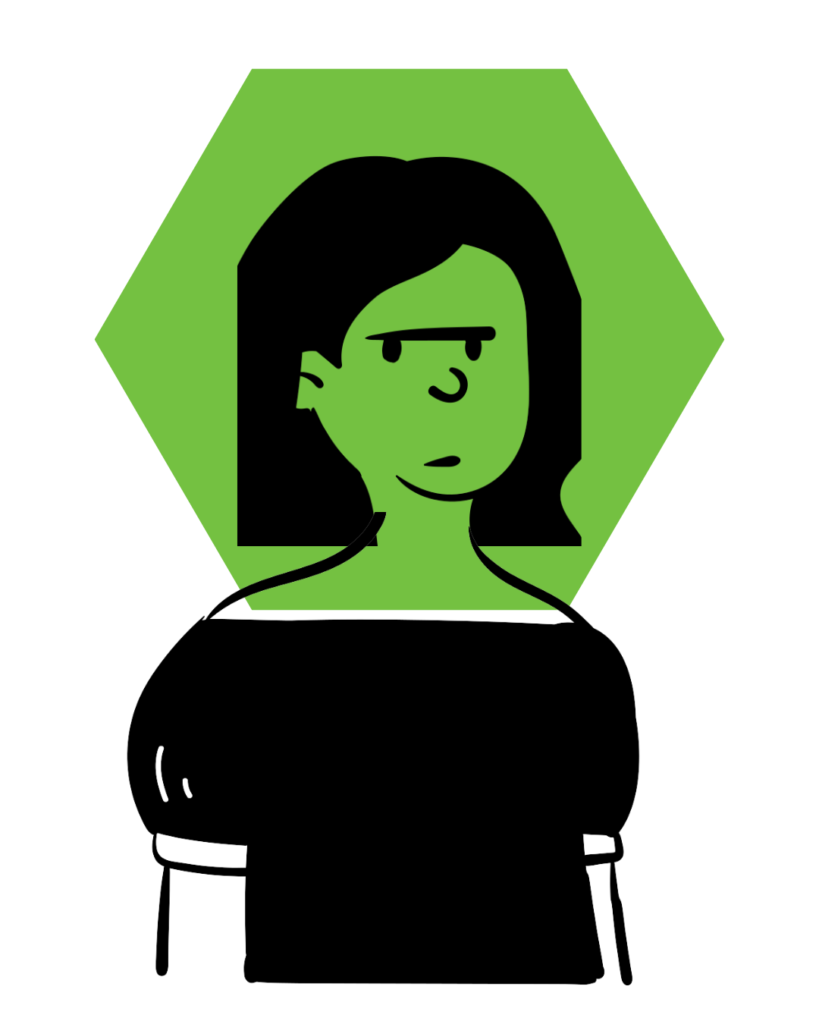
Finding Community
Mary’s son, Cooper, was 12 when he came out as gay. Scared and isolated without LGBTQ+ friends, Mary sought community for her son at The LGBTQ Center Long Beach. There, Cooper met and bonded with queer youth through their teen programs, and began to fully blossom into his identity.
Eventually, Cooper realized he is a girl and transitioned to Casey. The Center was there to support Casey and her family with legal and counseling services through their monthly TransParent support group.
Mary now supports other parents in navigating their children’s journeys. “The Center is my second home. It’s our oasis in this crazy world. I know I can always go there, even just for a couple of hours, when I need to breathe. We just feel safe there,” she says.
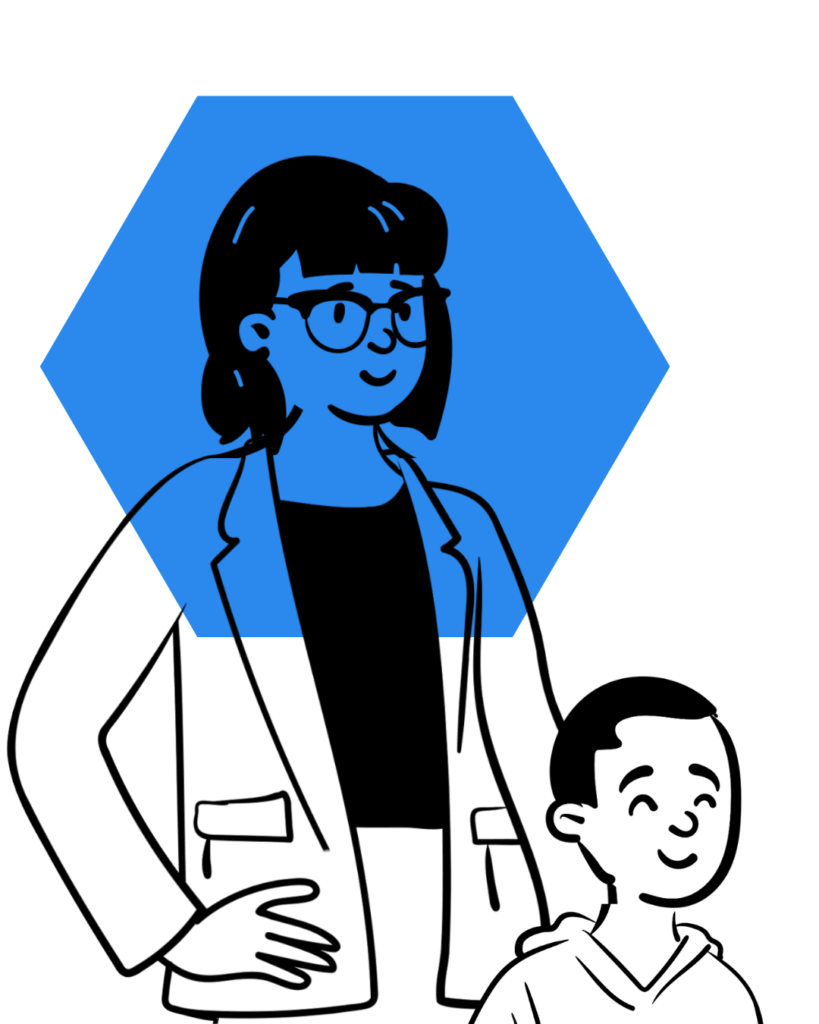
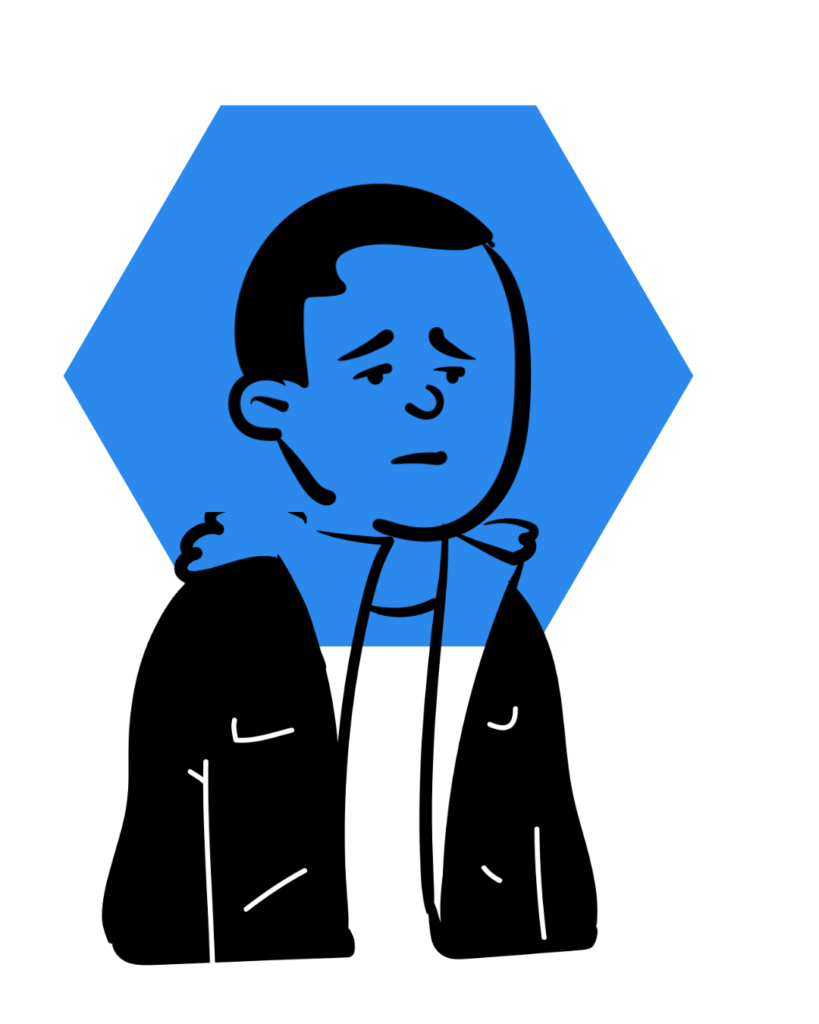
I don’t want that virus.
During the pandemic, Daniel tried to join a kid playing basketball at school. To his surprise, the kid refused and said, “I don’t want that virus.”
Daniel was sad and confused, and began avoiding all his non-Asian peers. When the sadness didn’t go away, Daniel decided to join Khmer Girls in Action, where he found comfort in exploring what it means to be Southeast Asian. With the help of new friends, and after learning about how the roots of racism affect how others think, Daniel’s perspective changed.
He became a KGA leader, where he supported Black youth with combating anti-blackness on campus. Eventually, Daniel found joy in his life once again. Now, when he meets people outside of his community, Daniel encourages cultural exchange from a place of warmth and curiosity.
Leave America, Go Back to Your Country
Ali, who had recently transferred to a new high school, was being made fun of him for being Afghan. Bullies told him to “leave America and go back to your country”. The harassment escalated when the bullies threw Ali’s bicycle helmet in the trash.
When Ali reported the harassment, the school did not take him seriously, nor did they notify his parents. This caused the badgering to worsen even more. The bullies threw an apple at Ali’s face and punched him so hard he was left with a broken clavicle. Once Ali’s father realized what was happening, he came to Council on American-Islamic Relations (CAIR)-LA in a state of desperation. His son had not attended school since the assault out of fear for his physical safety.
Ali’s parents asked for CAIR-LA’s help to get their son transferred back to his original school. CAIR-LA swiftly advocated on behalf of the family by reaching out to multiple school districts, and succeeded in expediting his transfer within a 24 hour period. Traumatized by the ongoing harassment, Ali is now happily attending his former school and slowly beginning to heal.
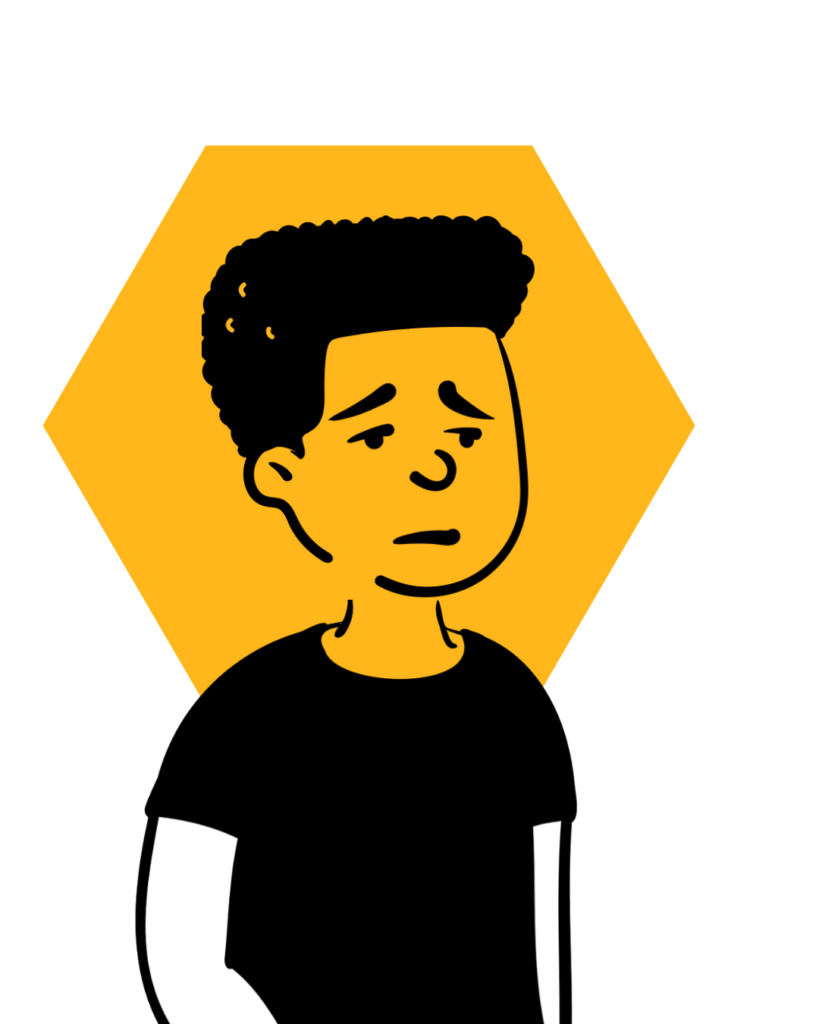
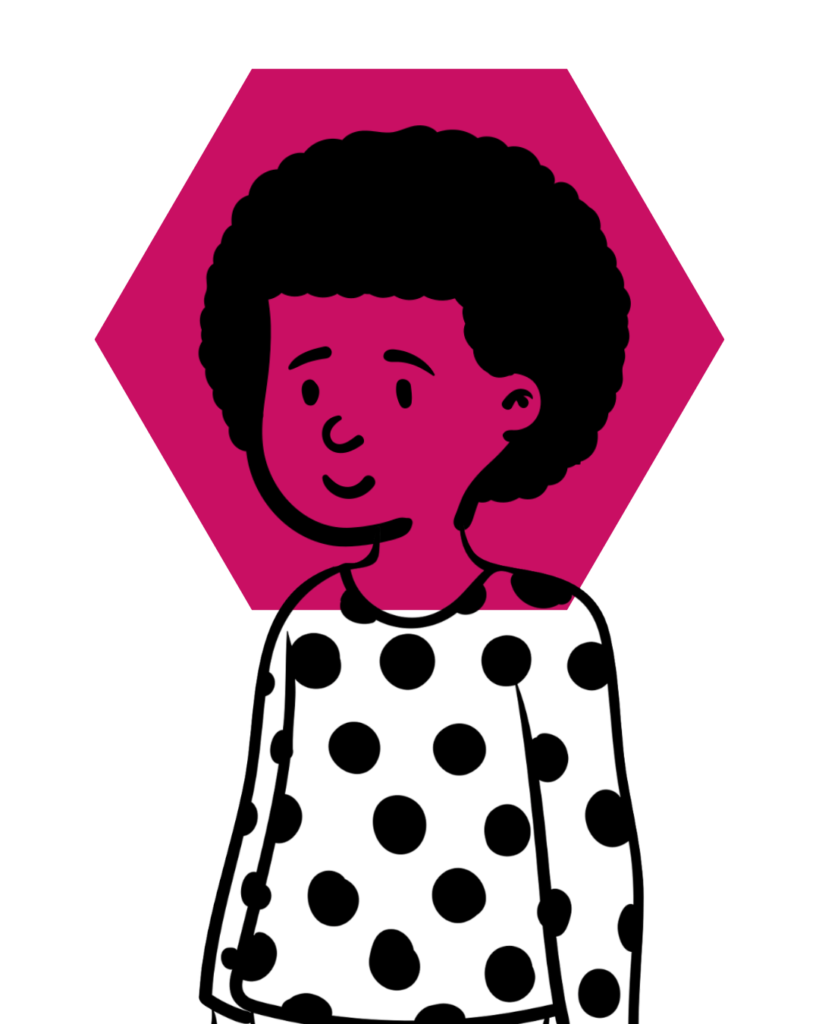
Finding Hope After Tragedy
Sage’s family struggled to put food on the table as undocumented immigrants from Nigeria. When her mom suddenly passed away, Sage was struck with grief and the harsh reality of having to take care of her family on her own.
Sage would often visit the Dream Center, a safe haven for students at school. There, she opened up to Heather, a staff member of Asian Youth Center. Heather connected Sage to a school therapist, and her story was shared with Alhambra Councilmember Adele Andrade-Stadler, who found a pro-bono immigration lawyer to help guide the family to citizenship.
“I don’t know why I didn’t ask for this sooner,” Sage shared. The Dream Center helped the family get back on their feet while building up Sage’s confidence. From one semester to the next, she became a student leader at the Dream Center, where she continued to heal and thrive.
You Don’t Belong Here
Cash was walking around their university when they were suddenly stopped by campus police. “You don’t look like you belong here… Show me your student ID.” Unfortunately this wasn’t the first time, Cash, a non-binary Asian student, experienced hate at their university. Scared and depressed, Cash started to have suicidal thoughts, and soon after, they found themselves without a place to stay and struggling to pay for next year’s tuition. Looking for help, Cash came across Little Tokyo Service Center and found all the community and support they needed, including 10 free therapy sessions and suicide prevention support. Fast forward, they graduated with a Masters degree in Art therapy and are now a counselor supporting youth experiencing similar situations.
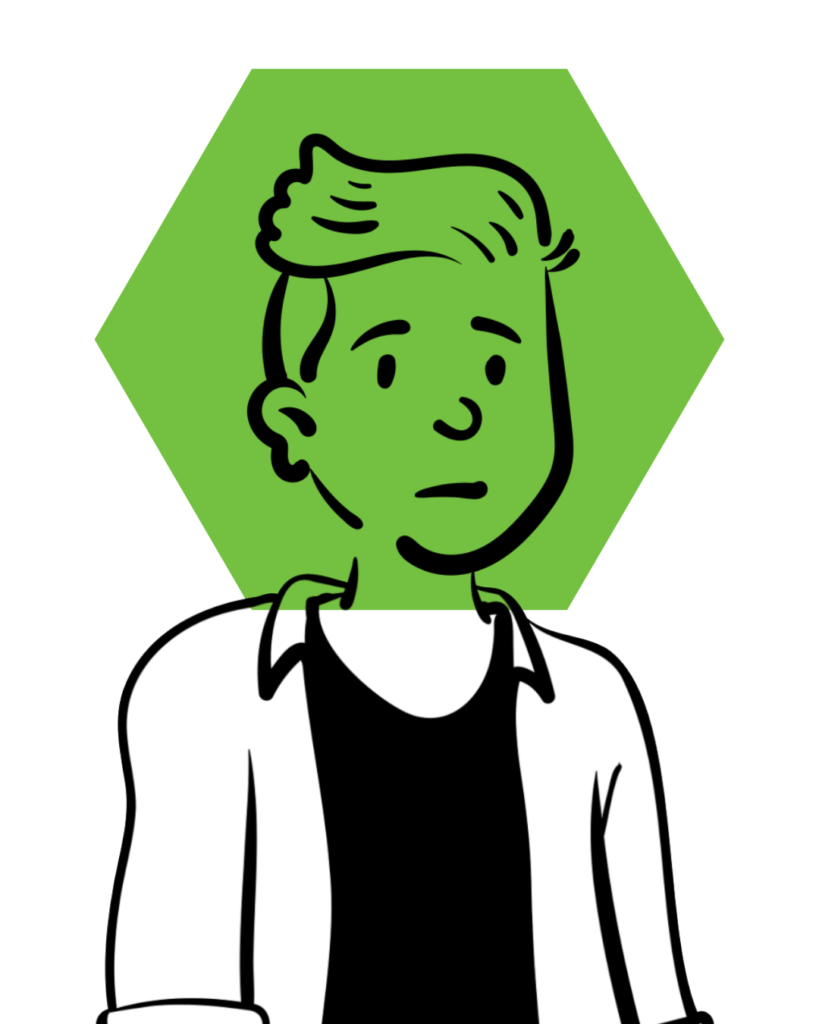

Dance Your Way to Healing
Yolanda, a Community Health Specialist at Antelope Valley Partners for Health, facilitated a dance workshop at a local middle school. She noticed the students were disruptive, disrespecting and even cursing at the instructors. One of the students yelled at Yolanda, “What are you even doing here you lazy b*itch?”
Seeing this as a teaching opportunity, Yolanda approached the student, Sasha, with compassion. Sasha opened up to Yolanda and shared her frustrations at home: growing up without a father and having to constantly switch between her mother’s and grandmother’s care.
Yolanda encouraged Sasha to use her leadership and dance talents to be a positive role model. By the end, Sasha helped lead the class in a successful dance performance. Yolanda filmed it so everyone could see their progress. “When you provide a safe environment for students to thrive in, it makes all the difference. Who knew that Sasha’s way of connecting is through dance,” Yolanda said.
A Second Chance Goes a Long Way
Amanda, who was recently diagnosed with autism, was getting bullied at school. Her classmates would call her names and say, “You’re weird. We don’t want you joining our group.” Amanda felt so excluded that she considered changing schools. One day, as the bullying continued, she lashed out at a teacher and was sent to the principal’s office.
When Amanda joined an afterschool program at Koreatown Youth and Community Center, she felt comfortable enough to share that she didn’t feel safe at school. KYCC provided her counseling, helping her manage her anxiety, process her emotions and address the bullying she was enduring. With KYCC’s support, Amanda regained her confidence, learned new tools to manage her anger, and eventually even healed from the bullying.
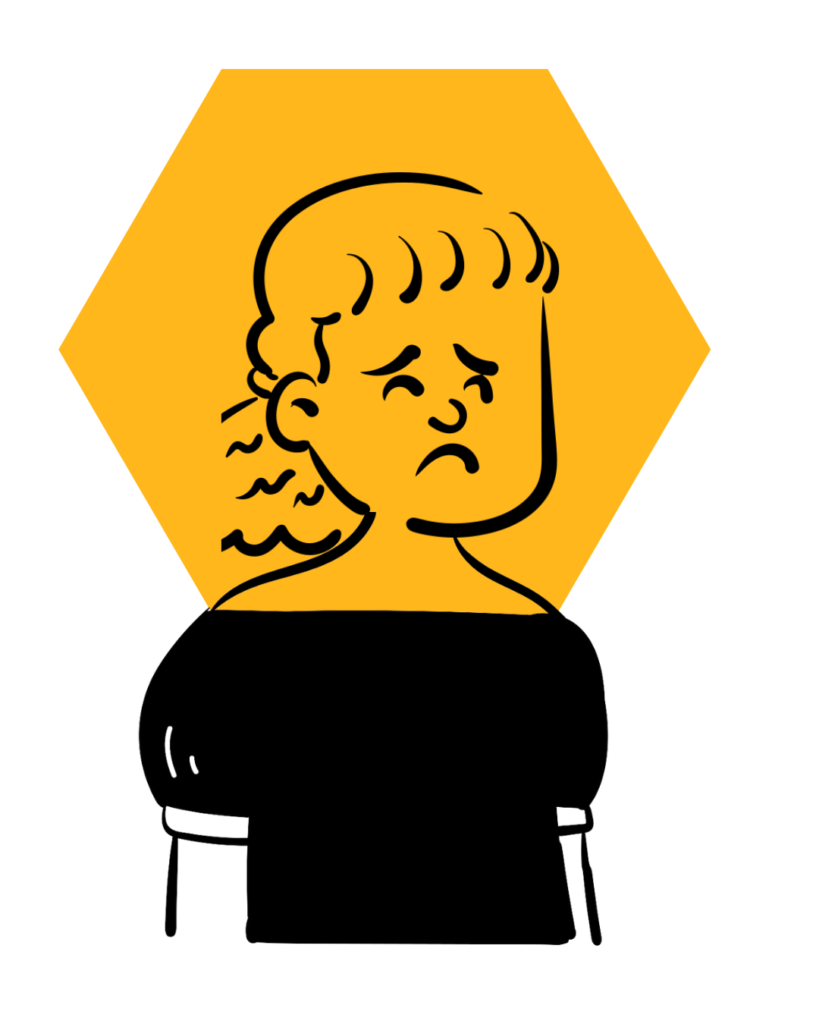
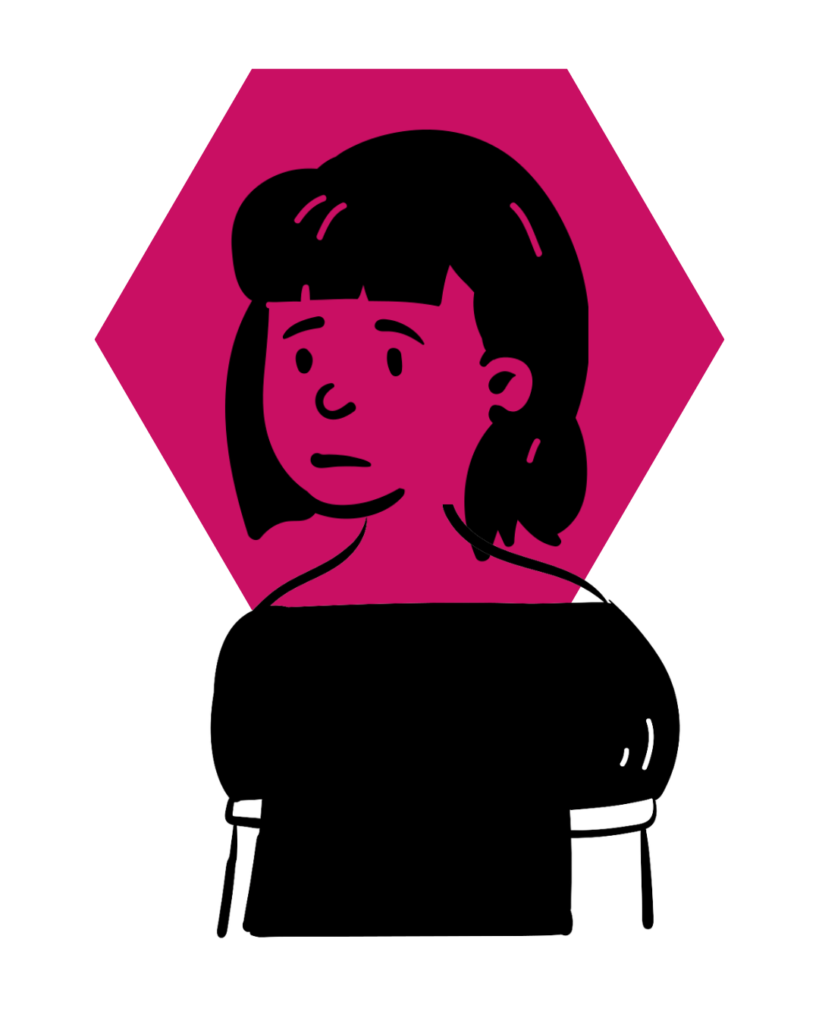
Feeling Less Than
“Ch*ng, Ch*ng, you’re dumb for an Asian. Go back to China, Kim Jung Un!,” Kris heard while walking home from school. Class bullies were taunting her again. As a Cambodian-Filipino American high school student, Kris was often targeted for being Asian. She developed anxiety and felt ‘less than’, so she isolated herself and avoided social contact at school.
When she came across EM3, Families in Good Health’s youth program, Kris received help to heal and grew comfortable in her own identity. Empowered, Kris now shares her story about overcoming bullying at her club meetings and community events. “Knowing that people are listening and suggesting ways for change gives me hope for the future.” Kris no longer feels anxious at school and is confident that her generation has the power to end hate.
“How can I help a kid like that?”
At Larchmont Charter School, a group of white bullies wrapped a hula hoop around Korean American friends Hayden and Erin, and began punching and kicking them during recess. As the boys tried to run away, the bullies dragged them on the ground, told them they “can’t speak English well”.
The head beatings landed Hayden and Erin in the ER multiple times. Hayden had surgery from the headaches and difficulty hearing, due to the fluid coming out of his ears. He still suffers from dizziness, causing him to often rest his head in class and refrain from sport activities. Erin experiences crippling anxiety and stress, causing a weakened immune system and ongoing stomach issues.
With Hayden needing his mom’s care 24/7, she is unable to work. As a Korean immigrant and domestic violence survivor, she struggles with her own mental health challenges. Hayden’s mom decided to speak with the school principal, hoping they could help protect the kids. Instead, the principal mocked Hayden’s ptosis, or droopy eye, and said, “How can I help a kid like that?”
The school’s hateful response led the parents to search for a new school where the boys can feel safe continuing their education. The families banded together to seek support in Korean from World Mission University (Through Peace), receiving weekly counseling to address the trauma and build the kids’ confidence. Through Peace assisted the families with training on assertive communication, and reporting the incident to the California Civil Rights Department to help get them the restitution they deserve.
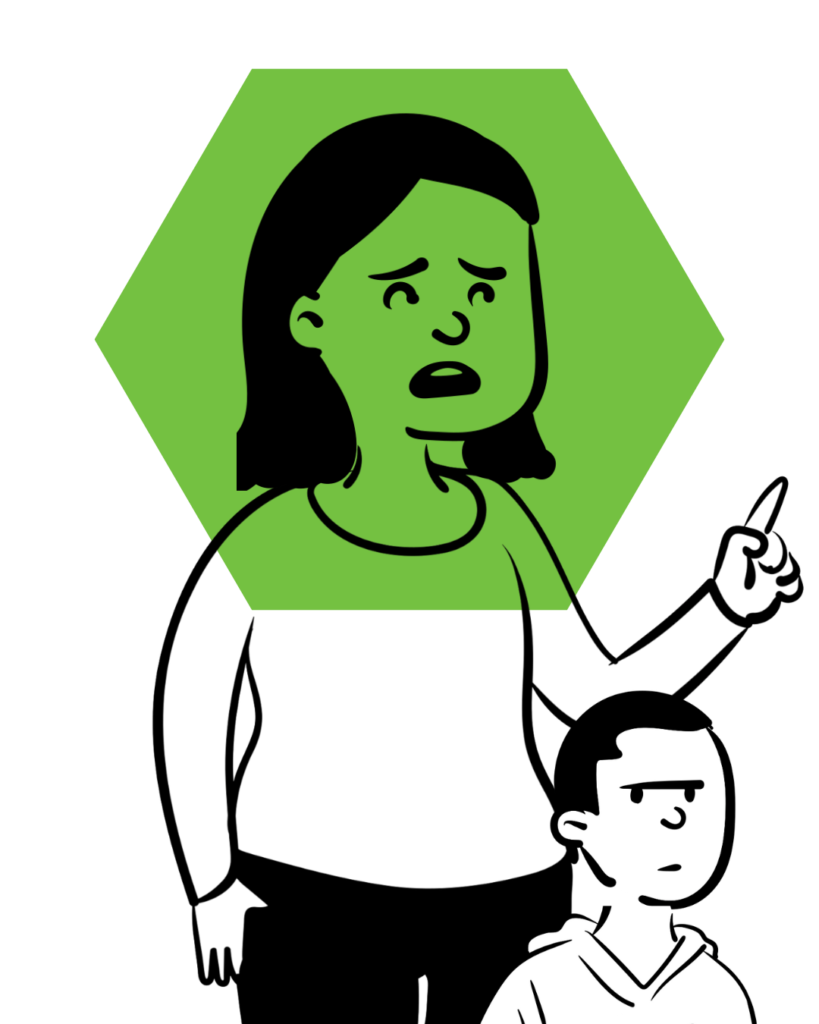
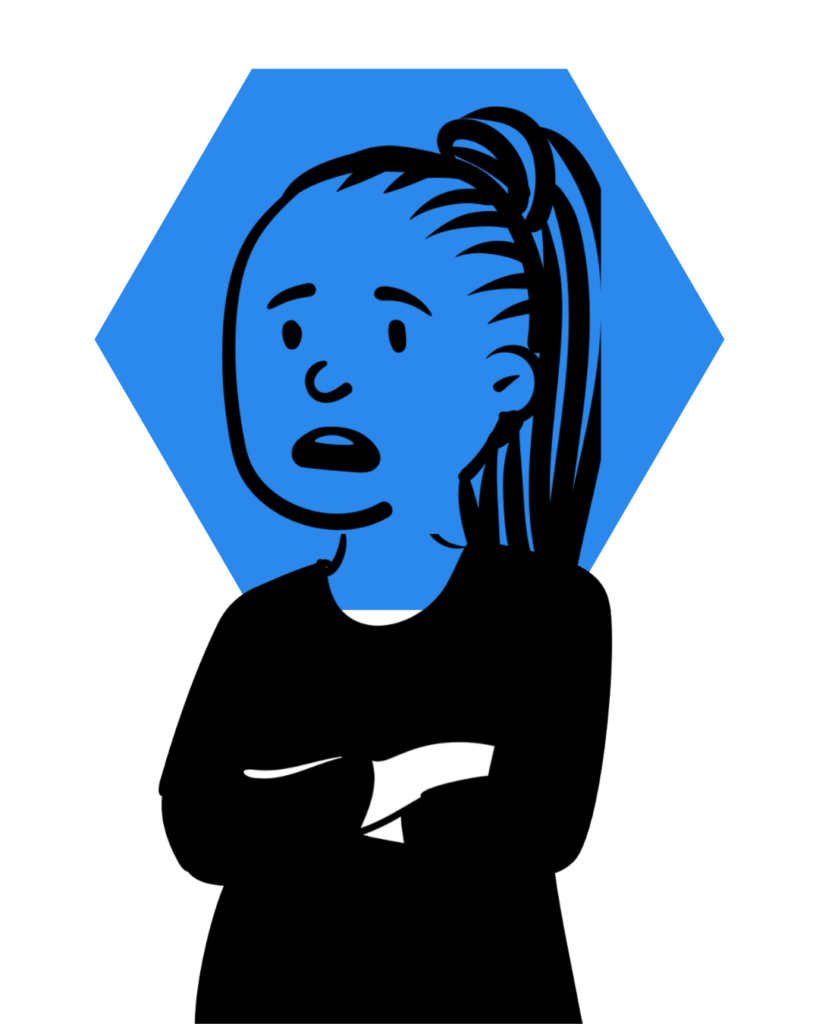
From Cyberbullying to Healing
Lisa was being bullied online. Someone created a fake Instagram account with her photos. The description read, “Where the food at a b*tch is hungry.” Images with repulsive captions attacking her body and race began circulating at school.
Lisa went to the Dream Center, a safe haven for students, for help. The Helpline Youth Counseling‘s staff facilitated student discussions on hate and anti-Blackness, and even invited Black community leaders to share their perspectives on building solidarity across different racial backgrounds.
Afterwards, the student who created the fake profile came forward to acknowledge the harm he caused and deleted the profile. The student realized the will to bully stemmed from his own self-hatred. He had his own experiences of being bullied as one of the few Black students.
Together, Lisa and the Dream Center helped change campus culture and make the school a safer place for all.
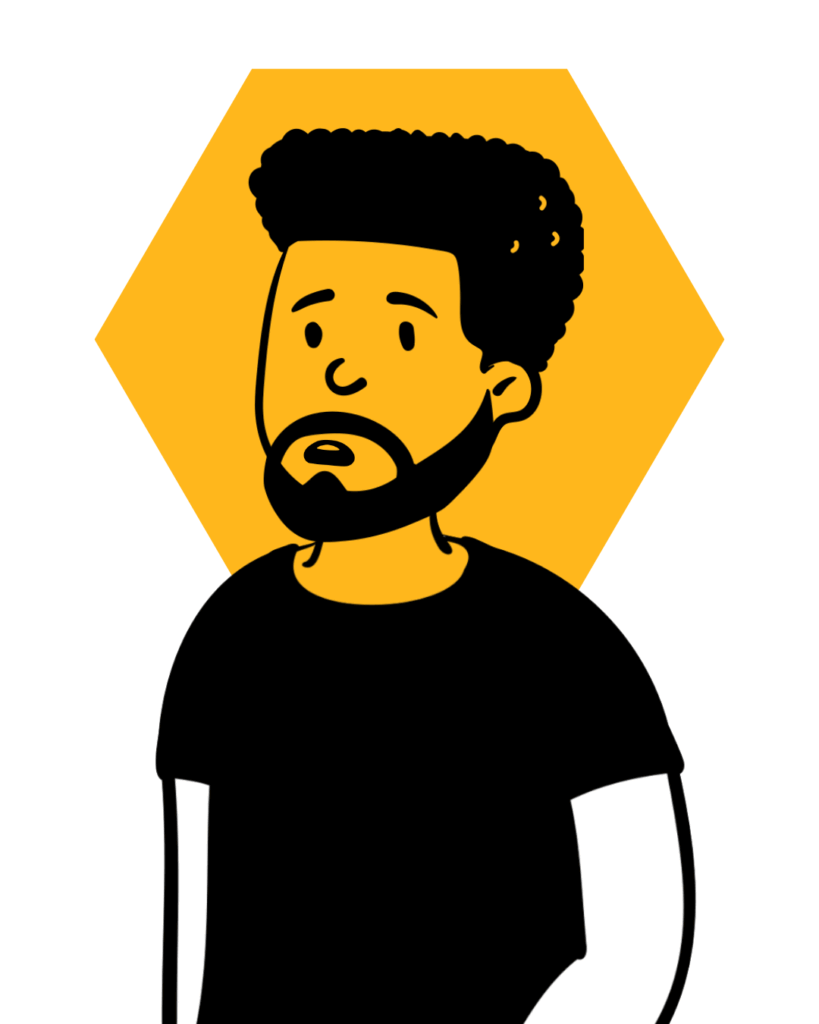
Words Matter, Choose Wisely
Students in Mr. B’s classroom passed around a school laptop with “F*ck Ni**ers. KKK for life.” carved onto it. It took over a month until one of his Black students reported the hate crime. Shocked and distressed, Mr. B emphasized: “I want this to be an educational moment.” He asked the 211 LA Dream Center at his East LA high school, a safe haven for students, to support and run a hate crime workshop.
The Center provided Mr. B mental health counseling and tools to address the hate without pressing charges. They also ran a workshop designed to make students think critically about the impact of their words. The student who carved the words expressed his regret openly and sincerely, taking accountability for his actions.
After the workshop, the students felt motivated to do more and led a campaign called “Words Matter, Choose Wisely.” They posted flyers around campus and shared videos on social media to spread the message: Hateful words cause lasting harm.
The movement even sparked neighboring high schools students to organize more dialogue on race. Mr. B thanks the Center for their approach in creating learning opportunities for youth, and leading a community in growing to be better and stronger, together.
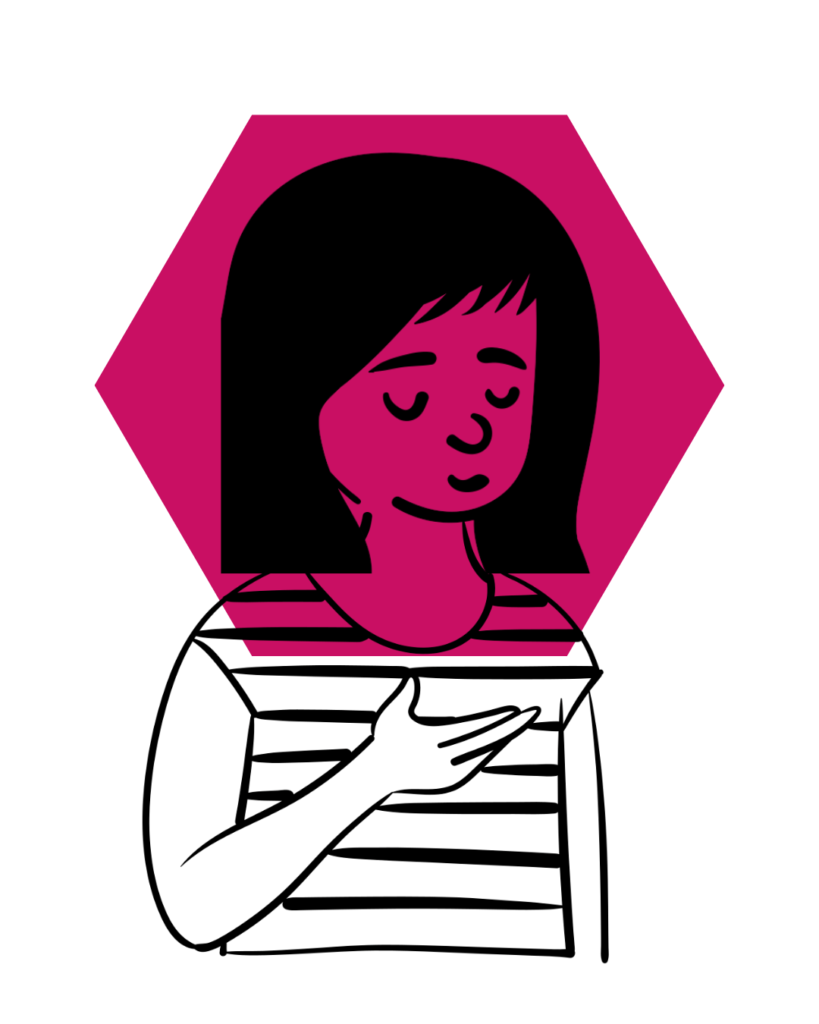
“Ew, that’s so disgusting. Put that away!”
Maya moved to California from the Philippines in middle school. When she brought chicken adobo to school for lunch, she was shocked to hear, “Ew, that’s so disgusting. Put that away!” For years, Maya had difficulty making friends. On top of that, she had a strained relationship with her father who disapproved of her sexuality. This led to low self esteem, depression, and eventually even suicide attempts.
When Maya came across free therapy services from Search to Involve Pilipino Americans, she decided to reach out. With a Filipino therapist, Maya was able to name her experiences of racism, overcome the shame of asking for help, and find strength in coming out as gay. Finding an accepting queer Filipino community through SIPA, Maya was able to better manage her depression. She now spends time with friends and is working on her relationship with her father.
No one else was stopped.
John was working when he spotted ICE coming towards him. He froze as the officers stopped him, demanding to see his drivers license and work permit. Unaware of his right to remain silent, John quickly obeyed. As an international Bangladeshi student, he luckily had his permit on him. The officers closely inspected his cards and eventually released him. As they walked away, John noticed that no one else on the street was stopped and probed.
After sharing his experience with some friends, John was encouraged to look into South Asian Network. When he reached out, he learned that ICE racially profiled him and violated his rights.
Shocked, John realized, “If I didn’t have my permit on me, things could’ve really escalated.” With SAN’s support, he now shares his story to mobilize the international student community to stay vigilant and exercise their rights.
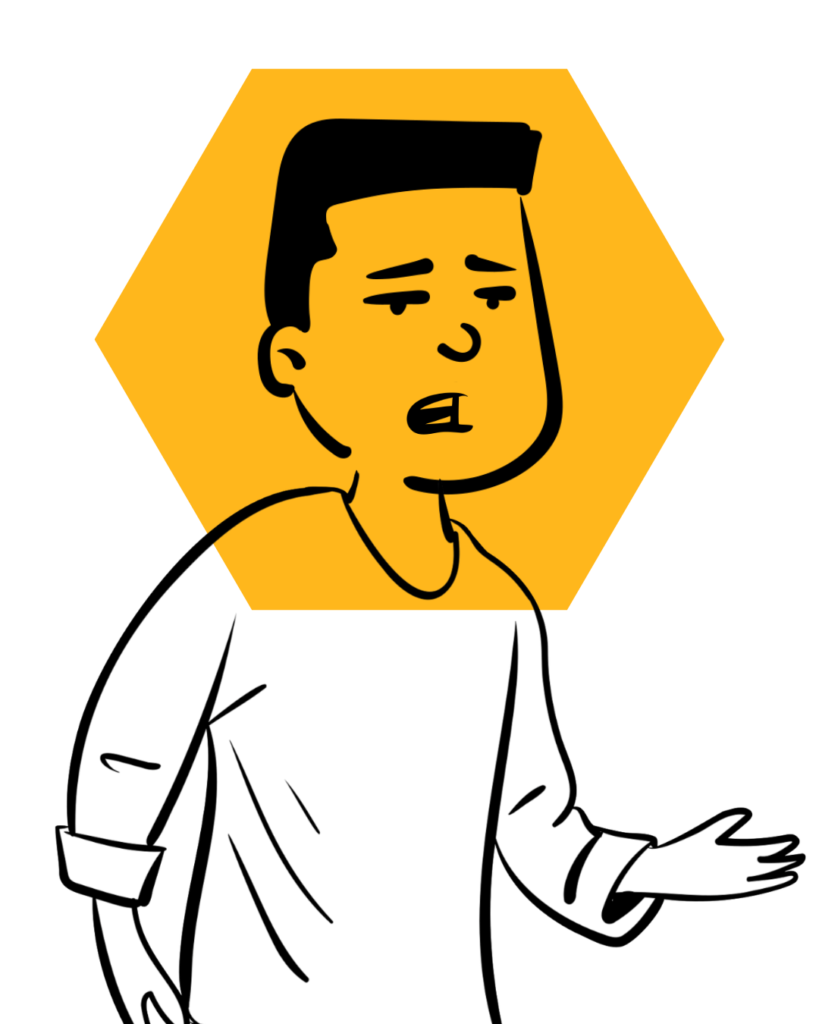
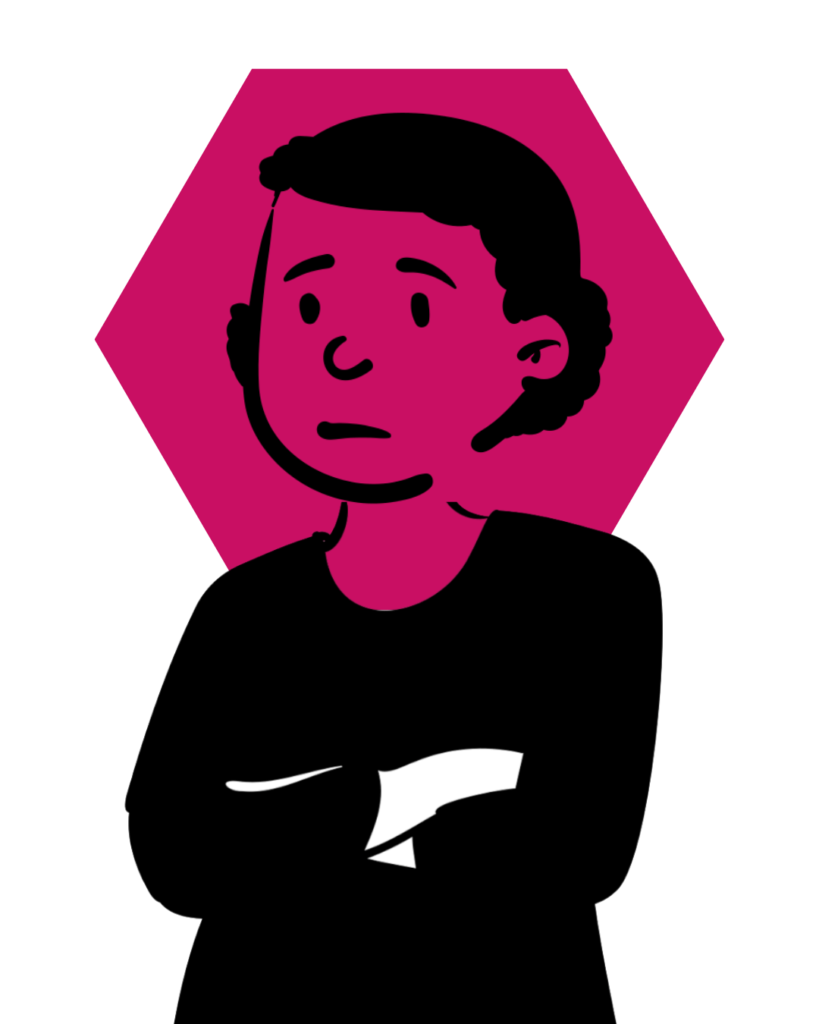
Hate Happens Everywhere
Chandra, a Cambodian senior, regularly takes the bus to do her daily errands. One day, while riding the bus to her doctor’s appointment, she heard an unknown voice behind her call out, “Go back to your country! You don’t belong here.” Chandra froze. It was the first time she felt threatened for being Asian. As she looked around, no one else reacted, as if this was normal.
Chandra immediately got off at the next stop and called Families in Good Health to help her find safe transportation back home. Since then, she has found community with others who’ve experienced hate. With mental health and emotional support from FiGH, Chandra has reclaimed her independence and now feels safer knowing she has a reliable support system.
Everyday Racism in Everyday Places
As Lisa, a Korean woman in her 40s, was walking around the grocery store, she heard, “Go back to your country, we don’t need you here!” Lisa tried to continue shopping, but the white woman followed her, exclaiming, “In America, if you pick it up, you buy it!” The woman then mocked her, making racist sounds “resembling” Asian languages. Fearful, Lisa quickly left the store without any groceries for her husband and two children.
After this incident, Lisa became anxious and started to drive over 30 minutes to get groceries. She drove out to areas like Koreatown and Alhambra, where she knew she’d feel safer amongst other Asians. Months passed, and as someone from a lower-income household, the commute caused Lisa stress and anxiety, making life more difficult. When she heard about Korean American Family Services through her church community, she sought mental health support.
Lisa received 12 weeks of trauma-informed mental health therapy, specifically targeted towards developing the courage to get groceries in her own area. Four months later, Lisa built up her confidence and self worth. She now feels mentally and emotionally strong enough to shop in her own neighborhood, and deal with verbal harassment if it were to occur again.
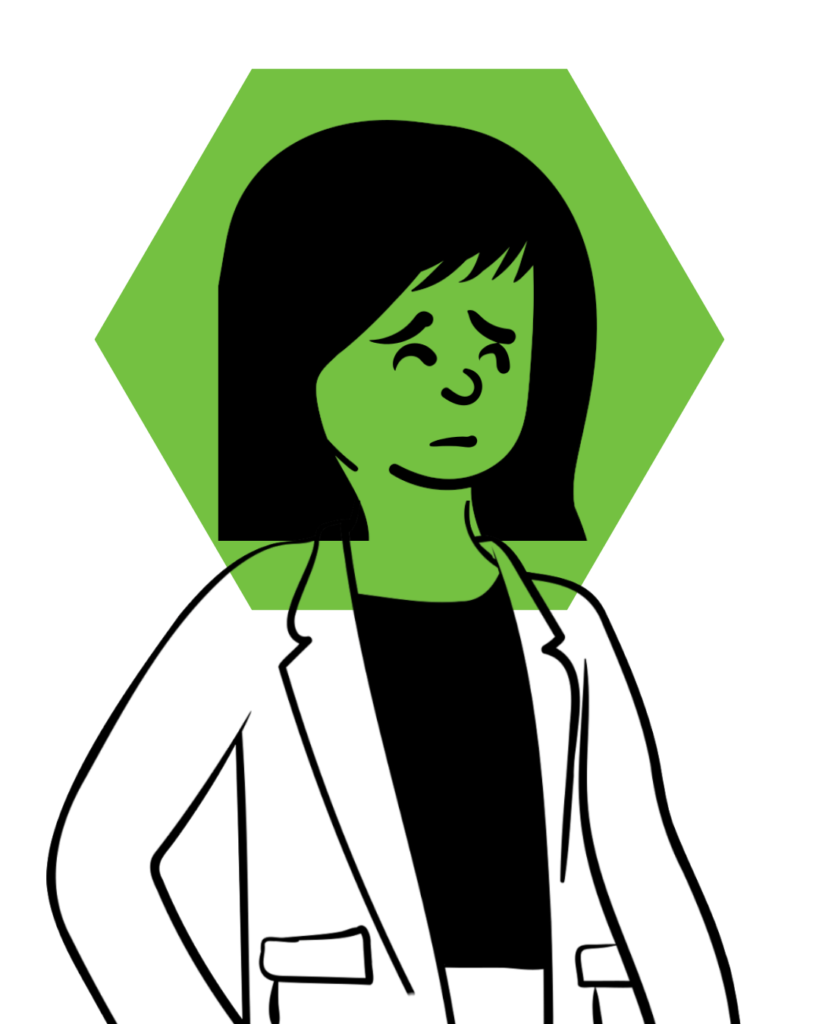
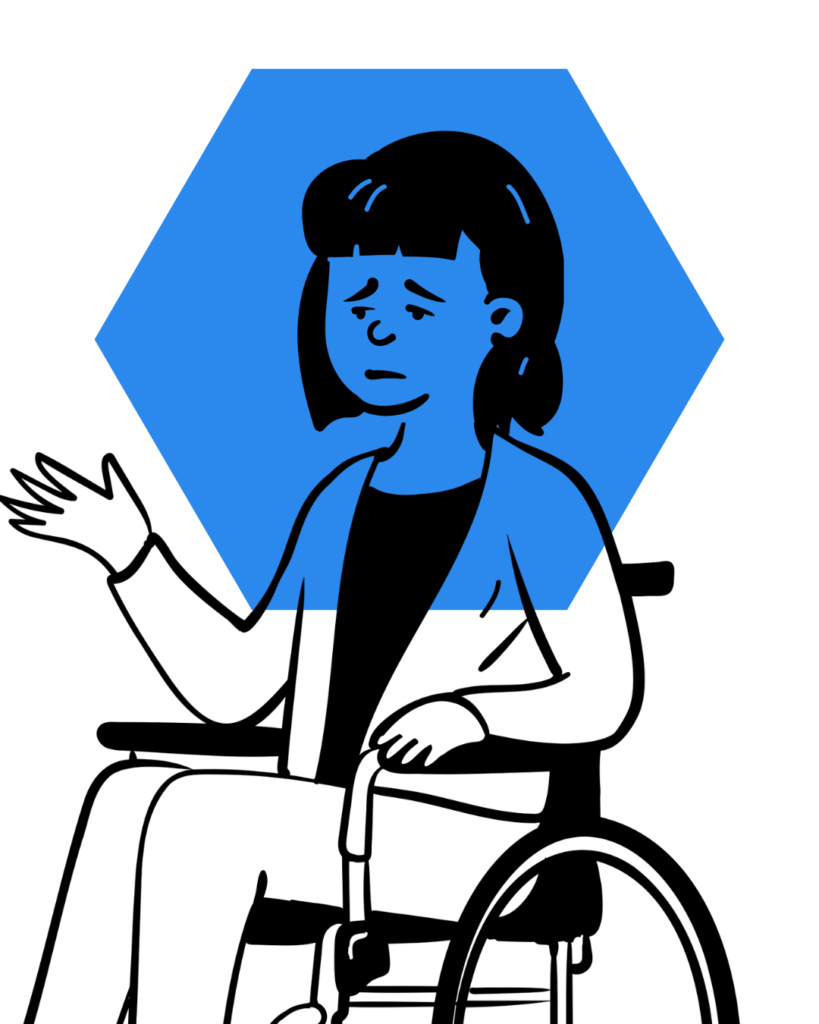
“You’re the Problem!”
Charmaine, a Black immigrant, needs a nearby gym with a warm pool to maintain her health as someone with a disability. However, during one of her visits, her wheelchair got caught on the gym mat and she almost fell over.
This experience caused Charmaine’s heart rate to spike, so she decided to take the elevator to notify the gym staff. However, the elevator stalled and trapped her inside. Charmaine frantically looked for cameras to alert security, but they were nowhere to be found. She pressed the emergency button, called the front desk and screamed out for help, eventually calling 911 in utter desperation.
When Charmaine returned to the gym a few days later, she was met with hatred: “You know you’re the problem! Don’t come back here, this is a gym for real athletes!” Feeling angry and unsure of what to do next, as this was the only gym close to her home, Charmaine went to Los Angeles City Hall to tell her story.
There, she was given the 211 LA hotline number and connected with Communities Actively Living Independent & Free. They helped her get into the Mobility program, and provided resources for free transportation and gym memberships. Charmaine now feels safe and free, knowing she has support if harassment were to occur again.

A Chinatown Chase Down
As Vietnamese-American Franny was walking her dog through her Los Angeles Chinatown neighborhood, she saw an elderly Asian man being brutally beaten across the street. She knew she had to intervene, but the attacker locked eyes on his new target, and chased her down the street. “I ran for my life, I even threw myself into oncoming traffic to get away.”
Franny saw a patrol car and begged the sheriffs to arrest the attacker, but they said it was out of their jurisdiction. Even after Franny called 911, the cops showed up an hour later and refused to take her statement because “You’re not the victim. They verbally said they were going to kill you, but they didn’t hit you.” The elderly Asian man was unable to communicate with the cops in English and decided not to press charges.
Emotionally scarred, Franny reached out to World Mission University (Through Peace) to report both the hate crime she witnessed and the hate incident she endured. Now, Franny shares her story at hate crime workshops for the elderly Asian community; “I would not have healed without their help.”
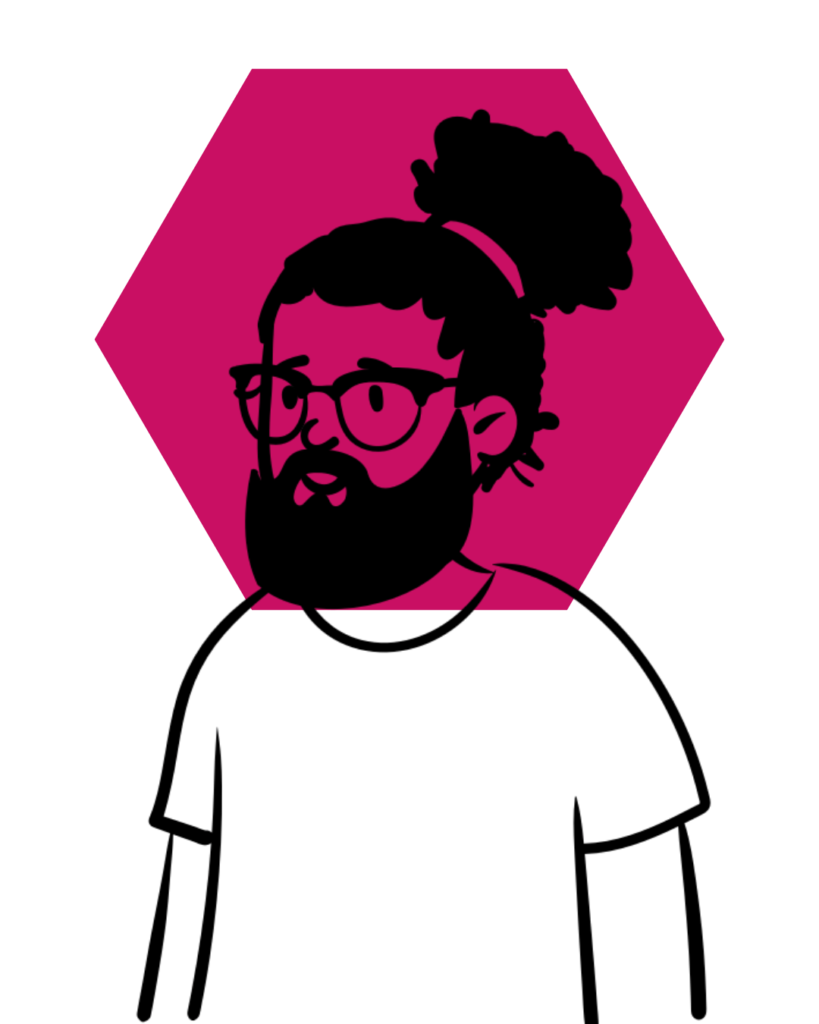
They followed me home.
David was getting off the bus when he heard threats being spat at him from behind, “Fight like a man. You’re a p*ssy. You’re a b*tch.” It was a group of boys who had followed him home.
David tried to remain calm, but one of the boys grabbed a metal rod from a bike nearby and started to beat David. He was in a coma for almost a week and suffered from physical injuries, leaving him unable to walk. The mental trauma he experienced resulted in post-traumatic stress disorder (PTSD), an ongoing symptom that does not have a set recovery date.
With the help of St. John’s Community Health, David received emergency services from the hospital. They provided him with necessary medical care, mental health support and legal services for victims of crime, regardless of his undocumented status. Finally, they helped David relocate to a new and safer neighborhood.
A Journey to Safety and Empowerment
Kane was stalked after rejecting someone with a romantic interest in him. It became so severe he moved to a different state and was left, “constantly searching my deadname to see if I was being tracked”.
As a transgender man, Kane wished to legally change his name and gender on official documents. The stalking had made him hesitant to share his gender identity publicly. Fearing something like this might happen again, Kane reached out to The LGBTQ Center Long Beach.
The Center helped him change his name and gender through a sealed petition which blocked public access to his case. They also created a personal safety plan for Kane, discussing the potential risks and his ongoing fear of retaliation from his stalker. Kane shared he now feels safe enough to live comfortably in his own skin.
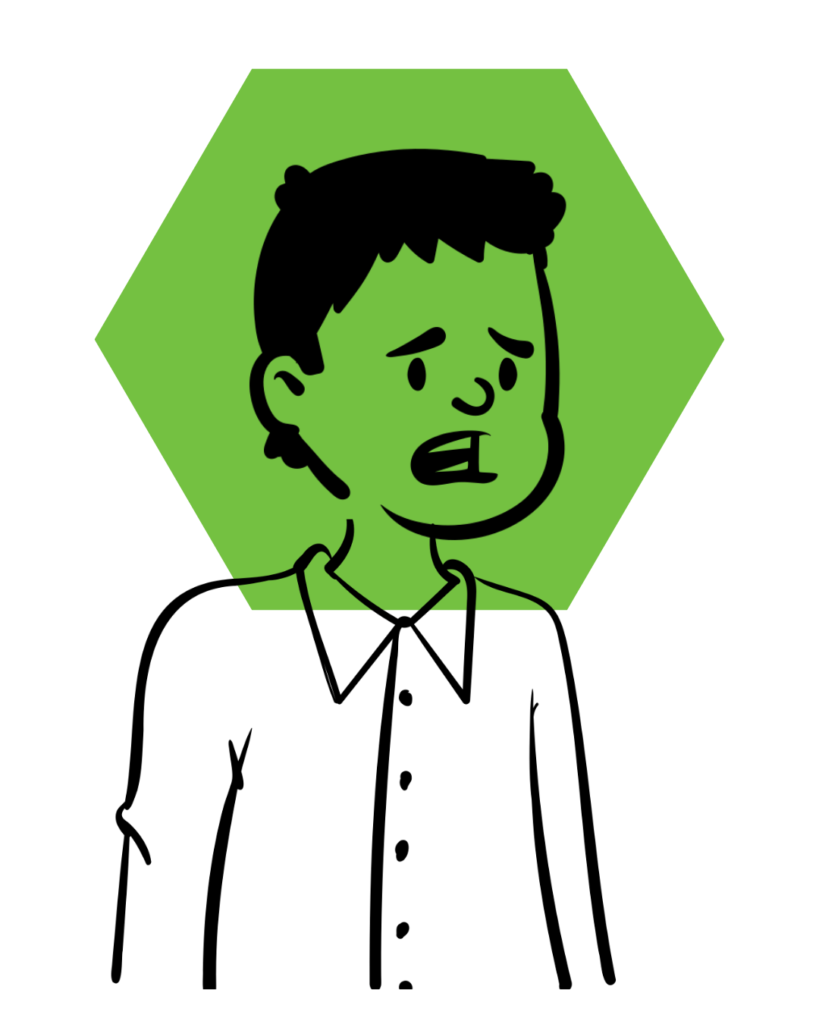
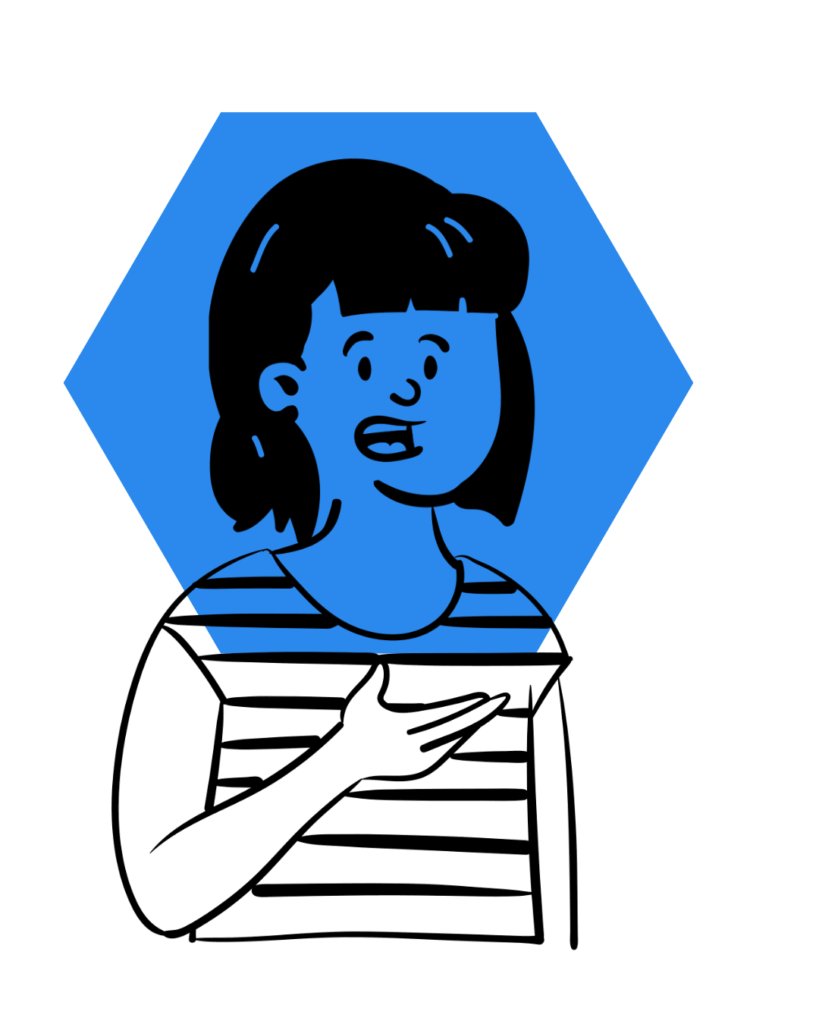
Finding Family
Cambodian-American Hatteka and her mother were coming back home from the nearby grocery store. When they arrived, Hatteka froze in shock as a white woman grabbed her mom’s neck and repeatedly hit her from behind, shouting “you Asian b*tch”. After witnessing a vicious assault against her mom, Hatteka started feeling paranoid and suspicious of other people, scared to even go outside.
In search of healing, Hatteka joined Khmer Girls in Action‘s leadership program as a highschooler, where she was able to safely share her story, and hear others’ similar experiences of hate. As she was trained on emotional, mental and physical health for the Asian American community, she began to feel less isolated and more empathetic towards what others are going through.
Fast forward four years, Hatteka has grown into a leader that creates safe, empowering spaces for youth. She even ventured out into her neighborhood again, canvassing door-to-door for elections. Now, Hatteka feels better equipped to navigate hate, as she has learned how to step in and step up for herself and her loved ones. “I truly feel like I have found my family at KGA”, she says proudly.
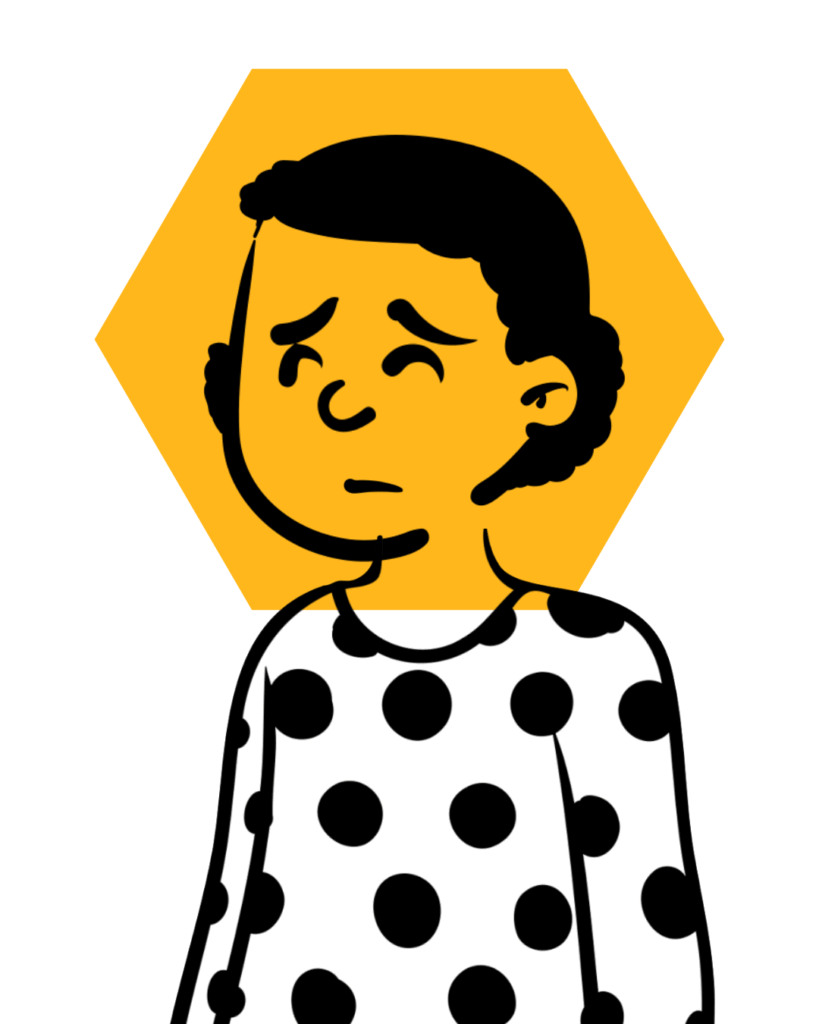
A Grocery Store Collision
While Mrs. Long waited in the checkout line at the grocery store, a woman bumped into her cart. She accused Mrs. Long of hitting her on purpose, and began insulting and threatening her. “Trump is the president. What are you going to do about it, huh?” Mrs. Long left the store, but the woman followed her and continued yelling, “Go back to where you came from.” Fearful and panicked, Mrs. Long hurried to her car and drove away.
Mrs. Long fears that reporting the perpetrator will not make a difference, as hate incidents are frequently experienced by her neighbors and friends. As dedicated advocates, Cambodia Town continues to encourage Mrs. Long to report this harm.
Caring For Caregivers
Nicanor, ‘Nikki’, and Julienne Arriola and were brutally attacked and robbed in broad daylight at the state Capitol in Sacramento. With 6 broken ribs for Nikki and knee injuries for Julienne, they could no longer work as caregivers. The Filipino couple was losing hope, scrambling to pay their bills, so they decided to seek out help. Thankfully, Filipino Migrant Center supported them by making sure the attacker faced three felony charges for his crimes. Today, Nikki and Julienne are dedicated to helping their community: “When others are in distress, we’ll support them, just like FMC did for us.”
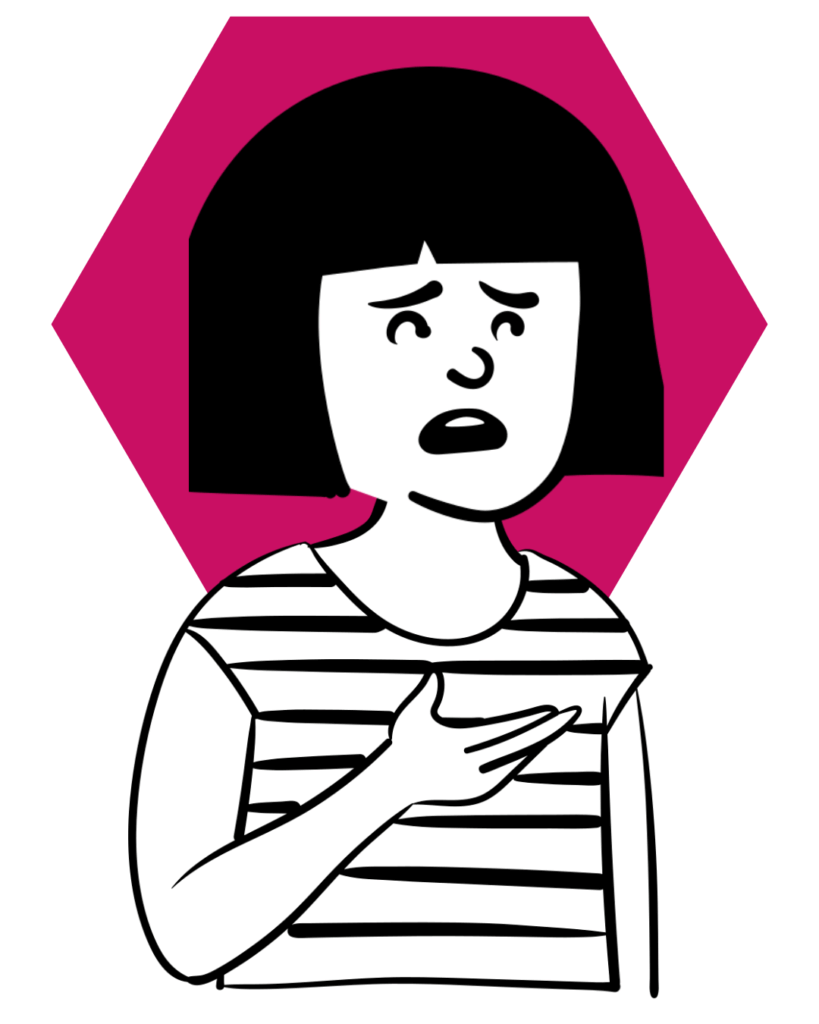
Alongside Our Fight
In 2022, Filipino-American Patricia Roque and her mom were suddenly rear-ended at a McDonald’s in North Hollywood. The driver, a white man, shouted “You’re so Asian! I’m going to kill you!” in a mocking ‘Asian accent’. Scared, Patricia phoned her father at their nearby home to come help them.
When Patricia’s father arrived, the man became violent. He threw her dad to the ground, breaking his rib, and grabbed her mom, choking her as she screamed for help. Patricia recorded the attack on her phone.
Filipino Migrant Center (FMC) responded swiftly to provide the family with care. When asked how they wanted to take action, the Roque family decided to press charges and speak up through a public awareness campaign. FMC guided the family through the justice system, provided legal and mental health services, and organized rallies of community solidarity.
During a time of anti-Asian hate and violence, the Roque family fought for a hate crime charge. Despite the video evidence, the perpetrator was charged with 2 felony assaults and a misdemeanor DUI, but the hate charge was dropped. He was eventually released with probation, rehab, and counseling. Although this wasn’t the outcome the Roque family had hoped for, they continue to use their voice to advocate for their community. “Words cannot describe how thankful we are to have FMC alongside our fight.”